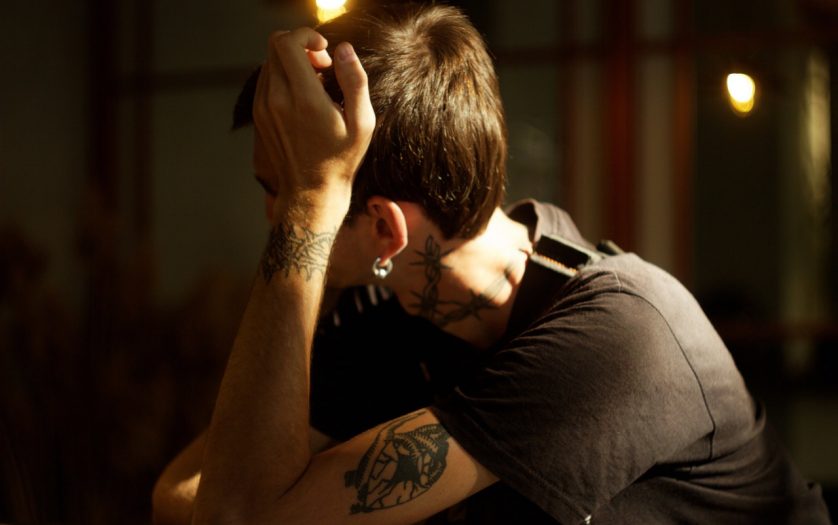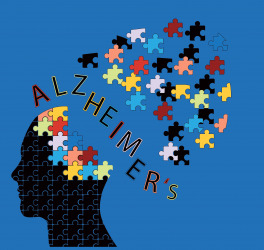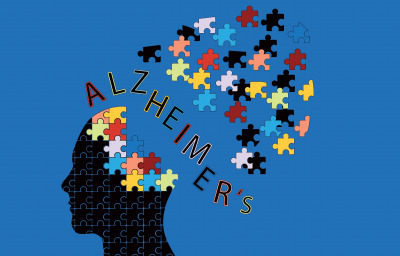
UC Davis’ Behavioral Health Center of Excellence (BHCOE) has awarded seed funding to help support three new research efforts aimed at improving mental health in California.
Three $75,000 pilot grants will go to projects that explore:
- The novel roles a top-risk gene plays in autism and intellectual disability
- California Bridge Clinic’s unique approach to addiction treatment in the Emergency Room
- A new approach to assessing emotional responses in the brain that could advance understanding about impairment associated with schizophrenia
“We’re excited to be a catalyst for such a broad range of outstanding behavioral health research,” said Cameron Carter, director of the center, distinguished professor of Psychiatry and Behavioral Science and the C. Bryan Cameron Presidential Chair in Neuroscience. “Pilot funding for highly innovative projects such as these advance our goal of positioning UC Davis faculty and researchers to better compete for further funding to build these projects and deliver advances to patient care.”
The major goal of the center’s pilot grant program is to develop early studies that can develop into larger-scale funded research programs, with the end results being the enhancement of mental health care throughout California.
Selected projects and researchers
- Novel roles of the intellectual disability-relevant gene Chd8 in the adult cerebellum: This project is led by Diasynou Fioravante, an assistant professor at the UC Davis Center for Neuroscience. She is exploring a gene called Chd8, which is important for early brain development. It also has emerged as a top risk gene for autism and intellectual disability. Fioravante’s work has the potential to open up a new avenue of research on molecular, cellular, and circuit causes of severe neurodevelopmental disorders, as well as new opportunities for treatment.
- Low-barrier access to substance-use disorder treatment through hospital-based Bridge Clinic: With the pilot grant, Aimee Moulin, professor of Emergency Medicine, plans to evaluate the California Bridge Clinic’s unique approach to addiction treatment, a program that engages high-risk patients in ongoing treatment. The results will inform and enhance future grant proposals aimed at improving access to substance-use disorder treatments for high-risk patient populations in California and beyond.
- Decoding internal emotional responses: Led by Steven Luck, distinguished professor of Psychology and core faculty for the Center for Mind and Brain, the research is designed to develop and validate a new method for assessing emotional responses in the brain using EEG and machine learning. If it is successful, it will enable Luck to apply for a larger federal grant to study the negative symptoms of schizophrenia and open up new avenues for treatment of this challenging aspect of the illness.








